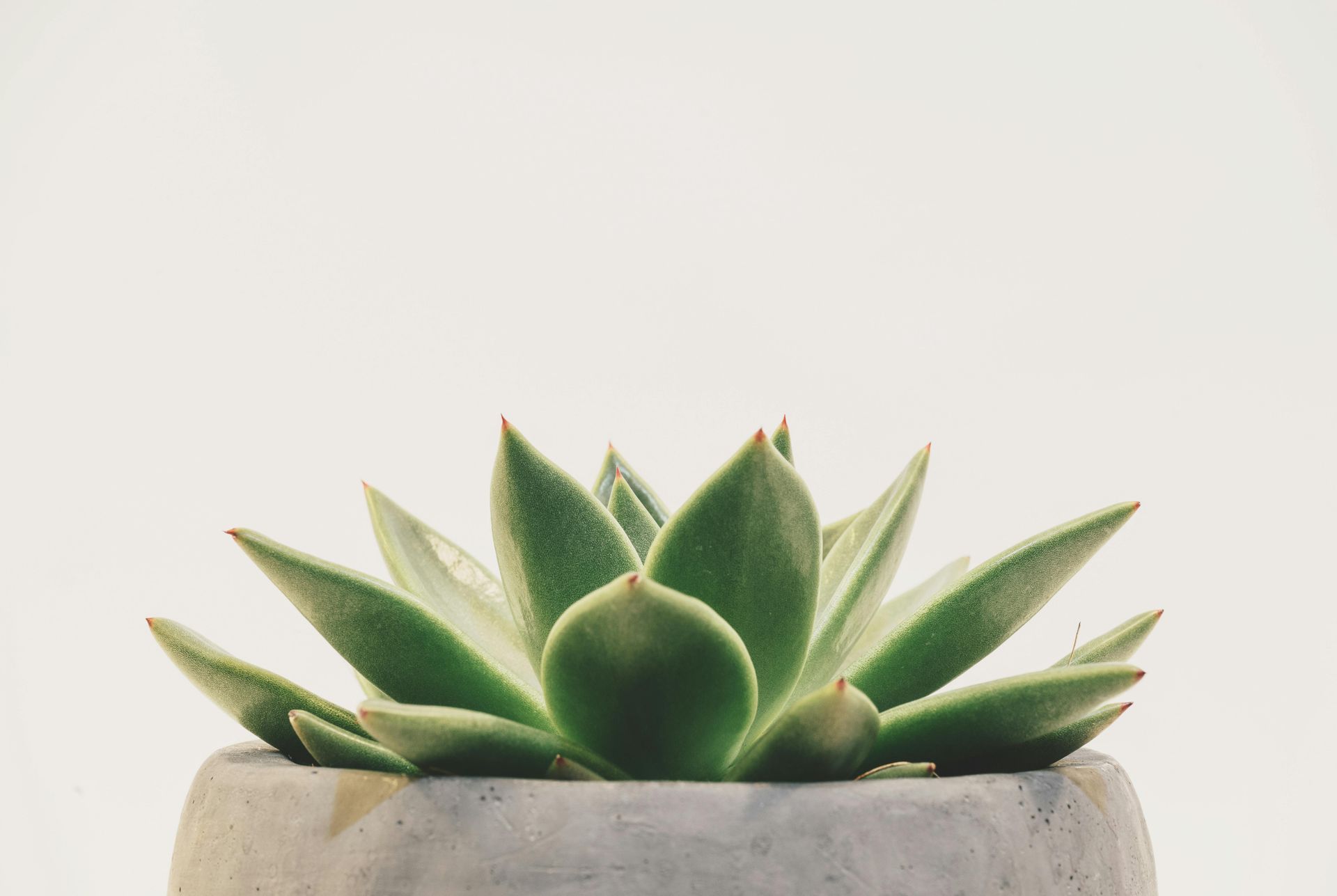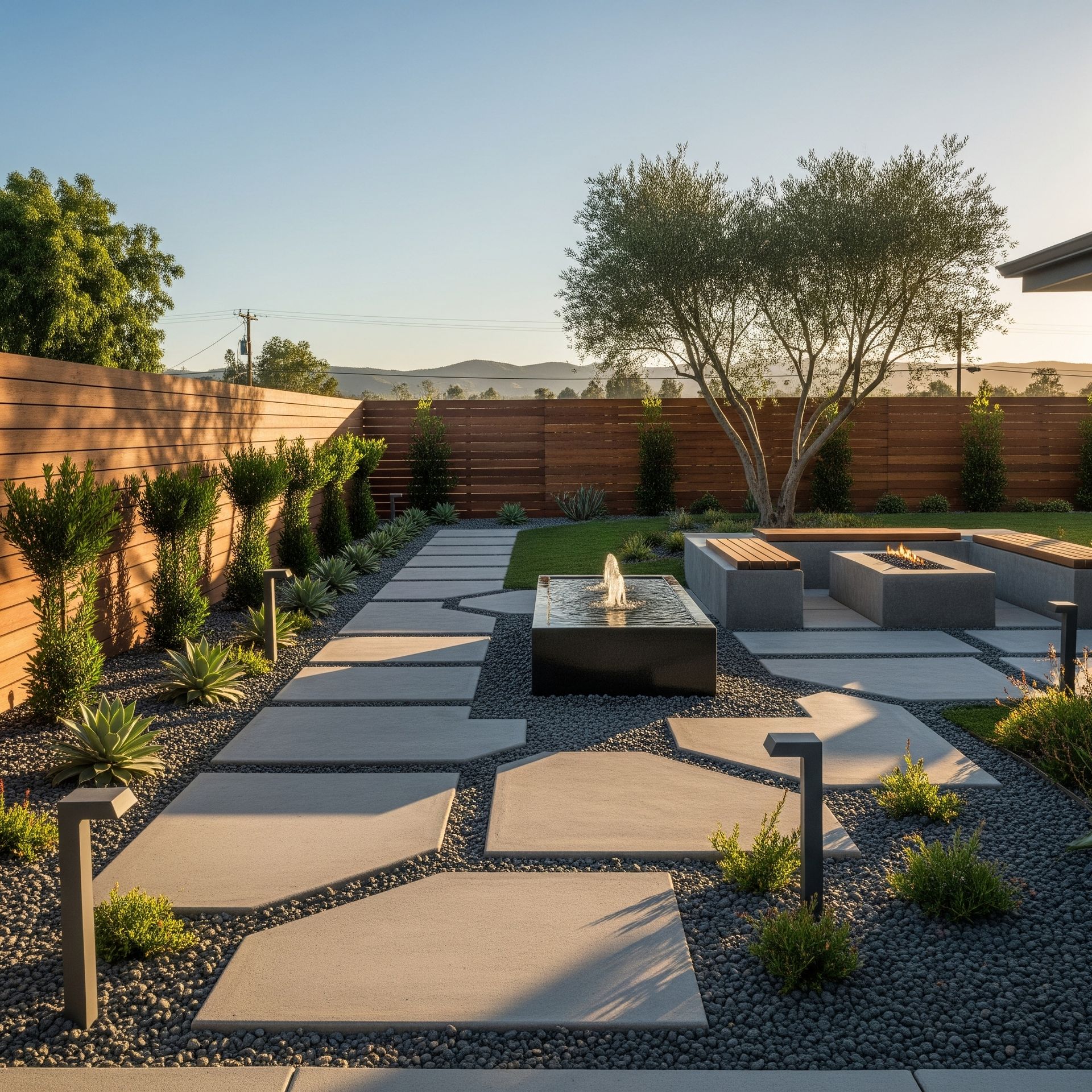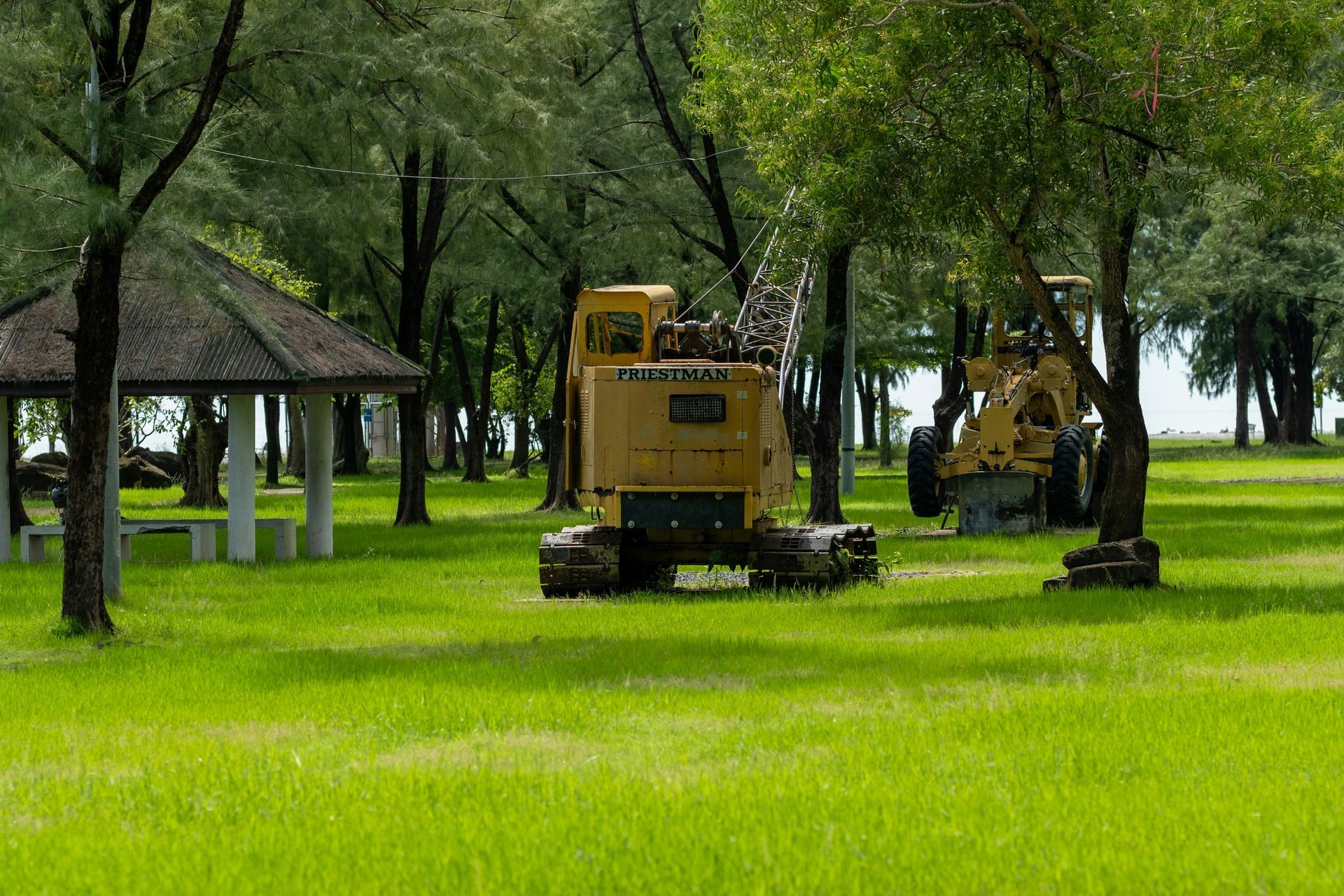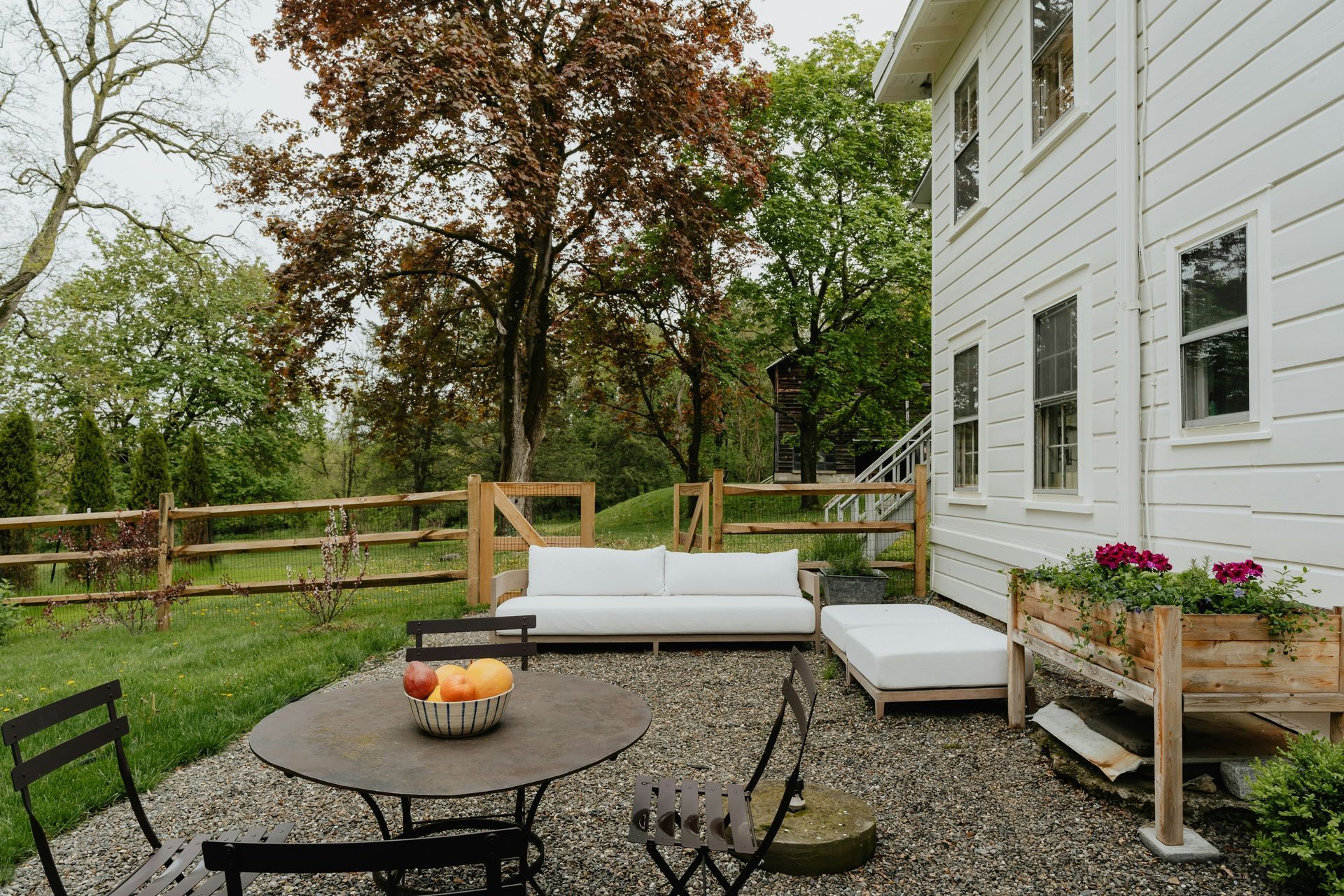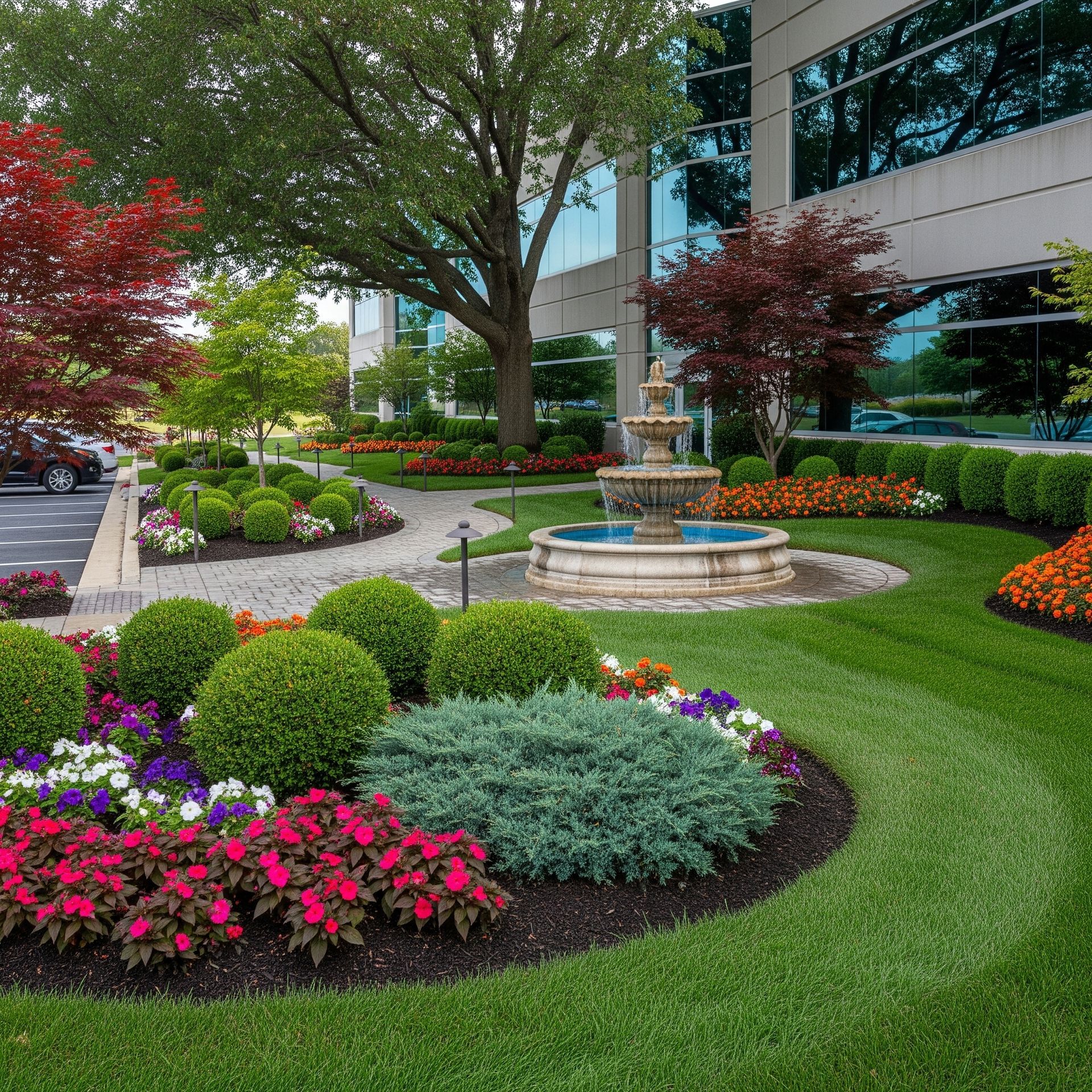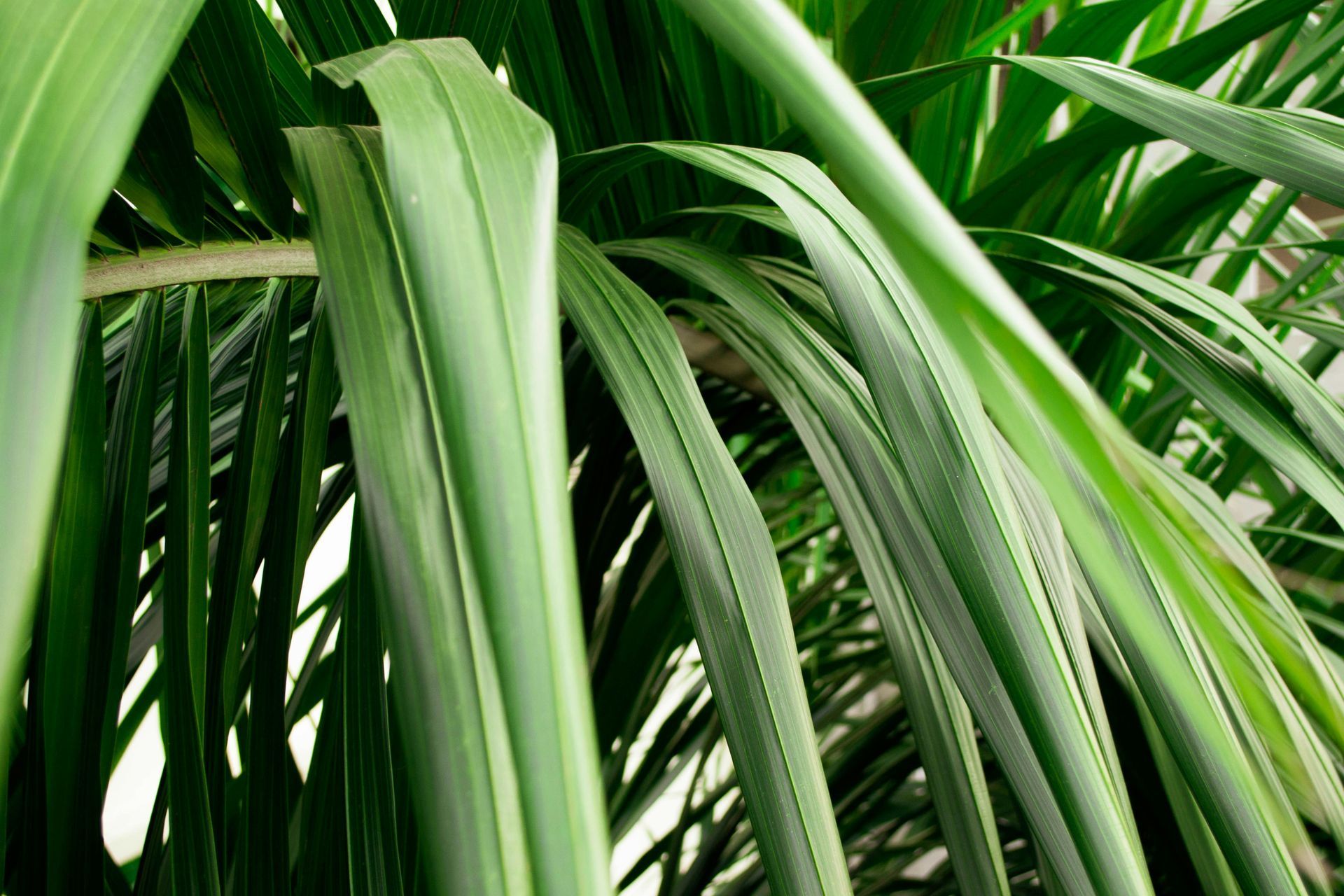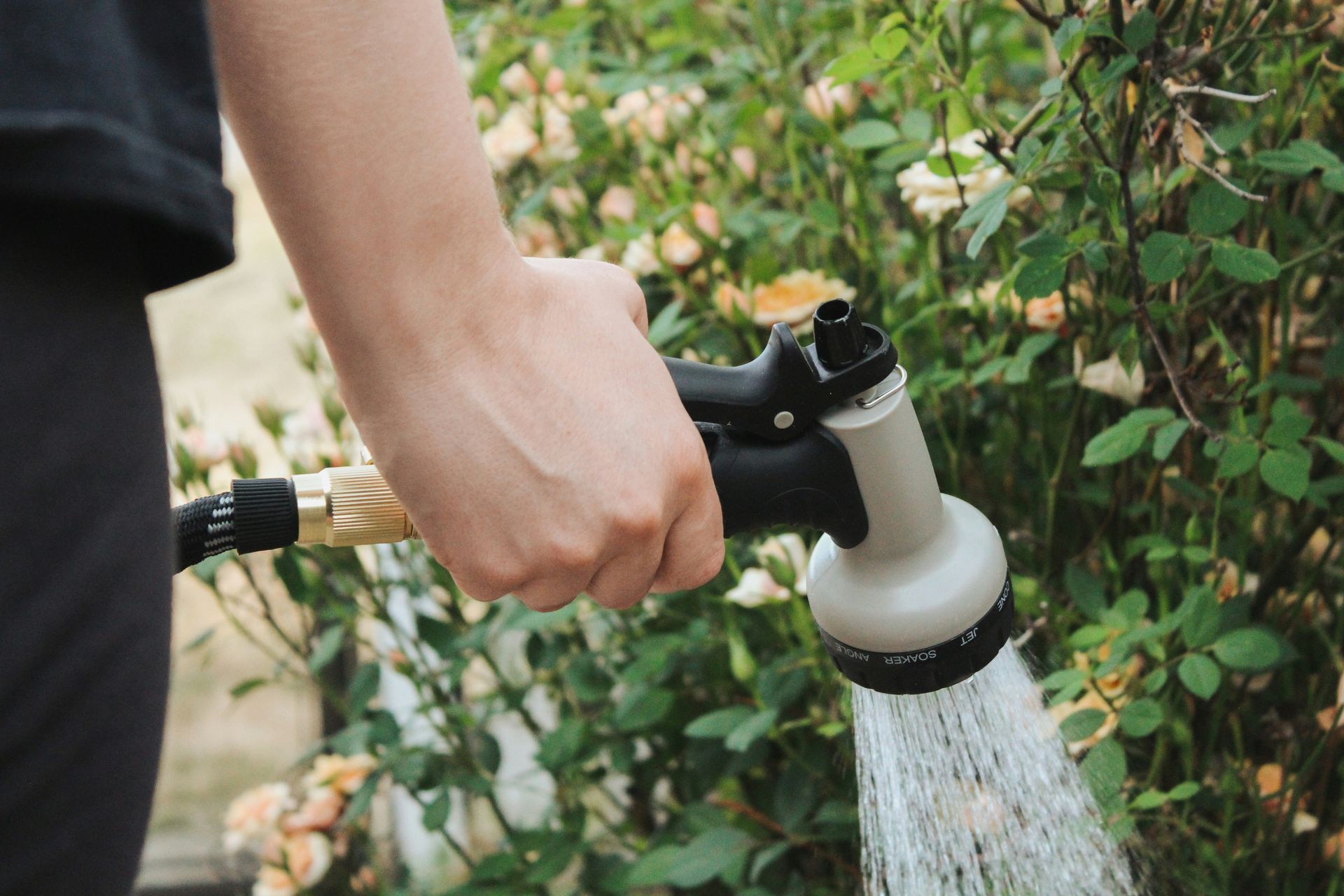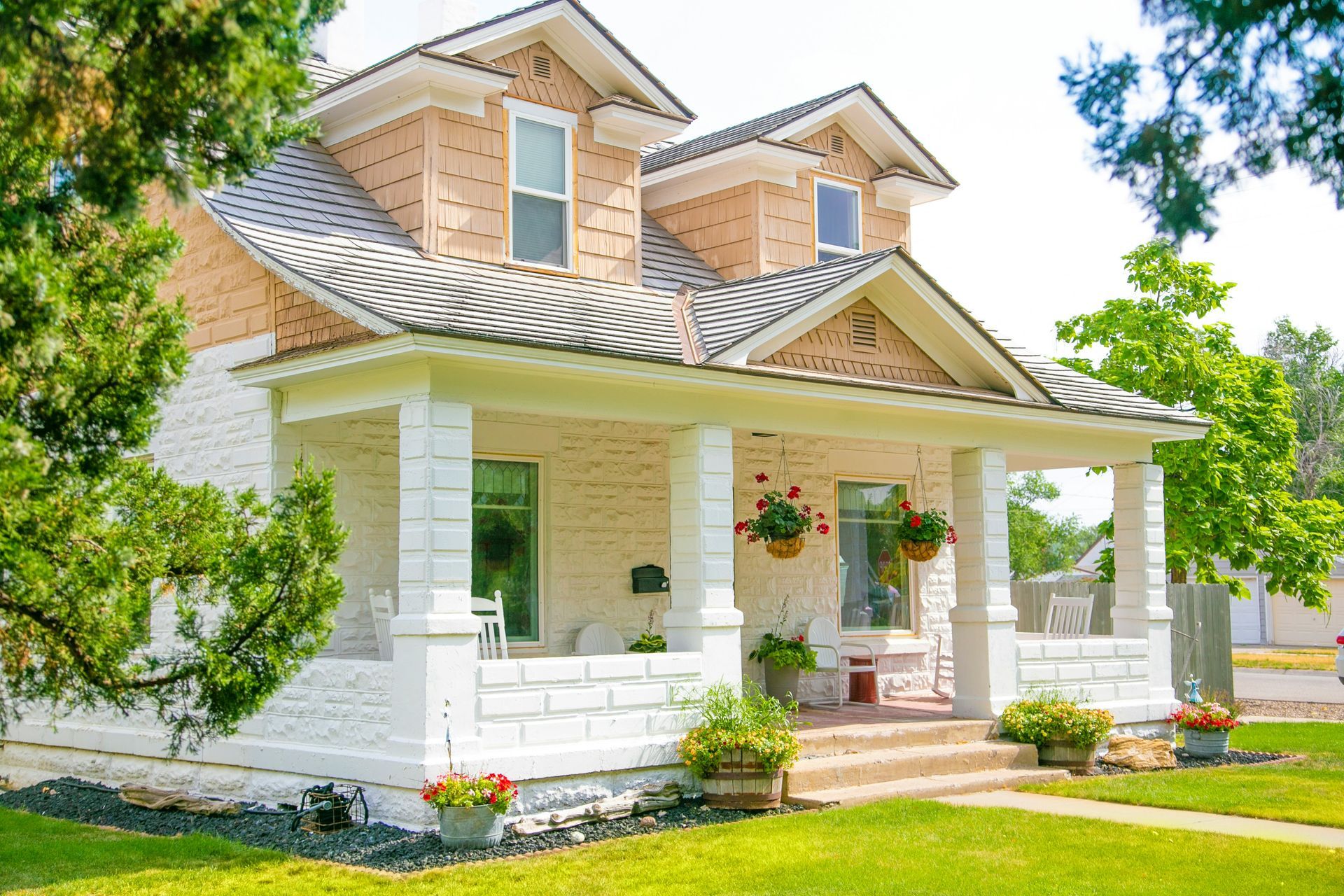Drought-Tolerant Landscaping: A Smart Move in Riverside, CA
Going drought-tolerant in Riverside is a total win—it saves you water, cuts down your bills, and keeps your garden looking fab without the fuss. Native plants like California Lilac and Toyon thrive here, attract butterflies, and even feed the birds. Group plants smartly, mulch well, and water deeply but less often to keep roots strong. Plus, using smart irrigation tricks means no wasted drops. Stick around, and you’ll find out how to design and care for a garden that’s both stunning and super water-wise.
Key Takeaways
- Choose drought-resistant native plants like California Lilac and Toyon to save water and support Riverside’s local ecosystem.
- Group plants with similar watering needs and use mulch to retain soil moisture and reduce evaporation.
- Prepare soil with compost and coconut coir to improve moisture retention and plant health.
- Implement deep, infrequent watering and smart irrigation techniques such as drip systems and timers for efficient water use.
- Perform seasonal pruning and pest checks to maintain plant health and ensure sustainable landscape growth.
Benefits of Choosing Drought-Resistant Plants
Even though you might think watering your garden is just part of the deal, choosing drought-resistant plants can actually save you a ton of hassle—and water bills! When you focus on smart plant selection, you pick varieties that naturally thrive with less water, meaning less time lugging hoses and more time enjoying your outdoor space. Plus, you’ll be part of a community that cares about the environmental impact of landscaping. These plants help reduce water waste, preserve local ecosystems, and even support native wildlife. By going drought-resistant, you’re not just making life easier for yourself—you’re stepping up for Riverside’s future. It’s a win-win that feels good and looks great.
Top Native Plants Suited for Riverside’s Climate
You’re about to find out which native shrubs and flowers thrive in Riverside’s dry climate without needing a ton of water or fuss. These plants not only save you money but also bring a splash of local charm to your yard. Let’s check out some top choices that’ll make your garden both tough and beautiful.
Best Native Shrubs
Choosing the right native shrubs can make a huge difference when you’re landscaping in Riverside. These native shrub species not only thrive with less water but also add charm and structure to your modern landscape design. Picking the best ones helps you create a garden that feels like it belongs here, blending beauty with smart sustainability.
Here are three top native shrubs to contemplate:
- California Lilac (Ceanothus): Gorgeous blue flowers, great for attracting butterflies.
- Toyon (Christmas Berry): Bright red berries add color and feed local birds.
- White Sage: Fragrant leaves and a lovely silvery look, perfect for texture.
Drought-Resistant Flower Choices
Since Riverside’s climate can be pretty tough on plants, picking flowers that handle drought like champs is a smart move. You’ll want to choose colorful perennials that come back year after year, brightening your garden without guzzling water. Think about California poppies or desert marigolds—they’re like the reliable friends of the flower world, tough yet cheerful. Don’t forget fragrant annuals, either; they add lovely scents and pop of color, even if they’re short-term. Plants like purple sage or yarrow fit right in, giving your space a natural, inviting vibe. When you mix these drought-resistant flower choices, your garden stays lively and fresh with less fuss. Plus, you’ll feel great knowing you’re gardening smart and saving water, all while making your yard the envy of Riverside!
Designing a Water-Efficient Landscape Layout
When planning your landscape, it helps to think about how water moves through your yard and where it’s needed most. A smart landscape design focuses on water conservation by grouping plants with similar watering needs. This way, you avoid wasting water on thirsty spots or over-soaking others.
Picture your yard as a puzzle where every piece fits perfectly to save water and look great.
Try these ideas to design a water-efficient layout:
- Place drought-tolerant plants in sunny, dry areas to cut down on irrigation.
- Use mulch or rocks around plants to keep soil moist and reduce evaporation.
- Design gentle slopes or swales that guide rainwater toward your garden beds.
Joining a community of fellow water-wise gardeners in Riverside means you’re not alone. Together, you can create beautiful, sustainable landscapes that save water and make your home a greener oasis.
Soil Preparation and Mulching Tips for Water Conservation
Now that you've mapped out a smart, water-wise layout, it's time to get your soil ready and think about mulching. Adding soil amendments like compost or coconut coir boosts moisture retention and gives your plants a cozy, nutrient-rich bed. Mulching isn’t just for looks—it locks in moisture, keeps weeds at bay, and cools the soil, which is a win-win in Riverside’s heat.
Here’s a quick cheat sheet to get you started:
| Soil Amendment | Benefits | Best For |
|---|---|---|
| Compost | Improves texture, nutrients | All drought-tolerant plants |
| Coconut Coir | Retains moisture well | Sandy soils |
| Shredded Bark | Insulates soil, slows evaporation | Around shrubs and trees |
| Straw Mulch | Suppresses weeds, retains moisture | Vegetable beds |
Smart Irrigation Techniques for Drought-Prone Areas
You’ll save a ton of water by setting your irrigation to run only when your plants really need it, not on some old schedule.Drip irrigation is like giving each plant its own personal water straw—super efficient and gentle on those thirsty roots.Trust me, once you try smart watering, your garden will thank you without you breaking a sweat or the bank.
Efficient Water Scheduling
Even though Riverside’s dry spells can be tough on your garden, smart irrigation techniques can make a huge difference in saving water and keeping plants happy. Efficient water scheduling is your best friend when it comes to water conservation. Instead of watering whenever you feel like it, try to time it right. Early mornings or late evenings are perfect because less water evaporates.
You can also:
- Group plants with similar water needs together to avoid overwatering.
- Use timers or smart controllers to give your garden just the right amount of water.
- Keep an eye on the weather and skip watering on rainy days.
Drip Irrigation Benefits
If you want to step up your water-saving game, drip irrigation is a fantastic option to contemplate. This irrigation technology delivers water directly to the roots, cutting waste and keeping your plants happy. The drip system advantages go beyond just saving water; it reduces weed growth and prevents soil erosion too. Plus, it’s super easy to set up and customize for your garden’s unique needs. Here’s a quick look at why you and your plants will love it:
| Benefit | Why It Matters |
|---|---|
| Water Efficiency | Saves water by targeting roots |
| Weed Control | Limits water to unwanted plants |
| Soil Health | Prevents erosion and runoff |
| Easy Installation | Simple setup, fits any garden |
| Customizable Flow Rate | Tailor watering for each plant |
Incorporating Hardscaping to Reduce Water Usage
Since water can be a precious resource in Riverside, adding hardscaping to your yard is a smart way to cut back on how much you use. Hardscape materials like stone, gravel, and concrete don’t need watering, so they help you save big on your water bill while boosting your outdoor aesthetics. Plus, they add structure and style, making your space feel cozy and inviting.
Here’s how you can mix hardscaping into your yard:
- Create charming walkways with pavers or flagstones.
- Build a patio area with gravel or stamped concrete for relaxing and hanging out.
- Add decorative rock gardens or mulch beds that need almost no water.
Maintenance Practices to Keep Your Drought-Tolerant Garden Thriving
While drought-tolerant plants don’t ask for much, they still need some care to keep looking their best. You’ll want to stick to regular pest management to keep unwanted bugs from crashing the party. Seasonal pruning is another key—you don’t want your plants turning into wild jungle scenes! Trimming helps them focus energy on healthy growth and keeps your garden neat.
Here’s a quick guide to keep your drought-friendly garden thriving:
| Task | When to Do It | Why It Matters |
|---|---|---|
| Pest Management | Monthly or as needed | Stops pests from damaging plants |
| Seasonal Pruning | Late winter or early spring | Encourages healthy growth |
| Watering | Deep, infrequent | Strengthens roots |
| Mulching | Spring and fall | Retains moisture, controls weeds |
| Soil Check | Soil Check | Keeps nutrients balanced |
Frequently Asked Questions
How Do Drought-Tolerant Landscapes Impact Local Wildlife in Riverside?
You’ll support local wildlife by choosing native species, which create natural habitats and promote habitat preservation. This helps animals thrive, making you part of a caring community that values and protects Riverside’s unique environment.
What Are the Initial Costs of Installing a Drought-Tolerant Landscape?
They say, "You get what you pay for." You'll invest in quality installation materials upfront, which might seem high, but it pays off by lowering maintenance costs. Together, you'll build a sustainable, welcoming space that lasts.
Are There Any City Rebates or Incentives for Drought-Resistant Landscaping?
You can check city programs offering financial incentives for drought-resistant landscaping. By joining these initiatives, you’ll save money and become part of a community committed to sustainable, water-wise gardening practices that benefit everyone.
How Long Does It Take for Drought-Tolerant Plants to Establish?
You’ll see root establishment in about 6 to 12 weeks if you stick to a consistent watering schedule. This helps your plants settle in, creating a strong, drought-resistant community you’ll love being part of.
Can Drought-Tolerant Landscaping Increase Property Resale Value?
You’ll find drought-tolerant landscaping boosts your property appeal, attracting buyers who value sustainability. This eco-friendly choice offers resale benefits, helping your home stand out and connect with a community focused on smart, water-wise living.
Final Thoughts
Choosing drought-tolerant plants and smart soil setups saves water, stress, and your wallet. By blending beautiful, native blooms with savvy sprinkling and sturdy stones, you create a landscape that’s both low-maintenance and lovely. Remember, a little mulch magic and thoughtful design go a long way in Riverside’s dry days. Contact us today to know more about how we can help you. Feel free to check our gallery to see what we do. So, immerse yourself, dig deep, and watch your water-wise wonder grow—because smart landscaping isn’t just smart, it’s simply satisfying!

